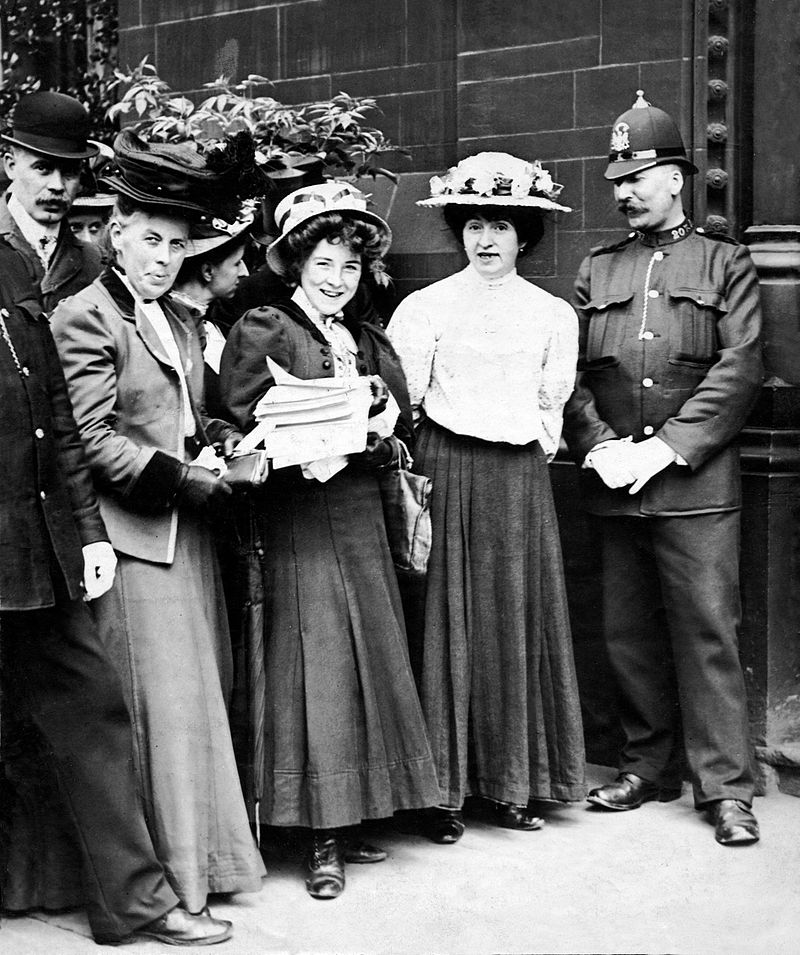 |
| (c) Johnny Cyprus |
The idea
of the e-petition is great. It allows
fools like myself to use the power of the internet to raise issues that would
ordinarily not be seen. In accordance with the notion of a free and open
internet, the e-petition website appears empowering and democratic.
When clicking on “How e-petitions work”, it becomes clear that
individuals have to check the website to see if any other similar petitions
have been published. If there are similar petitions available, your proposal is
likely to be rejected. But why?
I submitted this e-petition in August which was rejected a couple
of weeks later. I had checked the website and there appeared to be nothing
similar. Even now, when I search ‘Trident’, there are no petitions that adhere
to my wording. Furthermore, the search throws up a number of e-petitions that
bear little resemblance to my proposal. The search includes titles such as Tax CarMiles, Reduce Petrol Prices, No Road Tax, Banks and Risk Exposure of RetailCustomers and voting credentials. None refer to ‘Trident’. Even though my
rejected e-petition indicates that “there is already an e-petition about this
issue”, there is no link to it. Is it even possible to verify whether a similar
petition exists?
Does it even really matter? Surely it is better for government to divide and conquer, and have people preferring one particular petition over a similar option, thus reducing the chances of it being debated in the House of Commons. If we truly live in a free and open society, that subscribes to ideas of choice, what does it matter if people submit similar petitions. After all, the majority of us vote for political parties and leaders whose manifestos are similar and offer little in the way of choice.
I presented my e-petition, "Tackling gang culture", to the Home Office as the department responsible for dealing with this issue, not the Department of Business, Innovation and Skills. I waited six weeks before it was finally published. In between time, I contacted DirectGov about its whereabouts. I did not receive a response, until they confirmed its publication. The e-petition website is rather nebulous about how one might contact them, or how one might complain. In the end, I used the 'feedback' option; feedback is not normally a word I would associate with contact or complaint, but at least it worked.
A search for gang-related e-petitions also reveals a number that appear unrelated to mine. This database is only likely to grow. Of course, there are still many people with no means to access the internet who are excluded from this democratic process, but if the public are expected to trawl through through these petitions to ascertain whether another proposal is similar to their own, then it is just as likely to deter some from actively participating in democracy.
Whilst the concept of the e-petition suggests that democracy is fair and
open, appearances can be deceptive. Searches reveal little about one's chance
of success with a proposal. Instead, disembodied e-people decide whether a
particular contribution to democracy is worthwhile, without offering a
reasonable explanation as to why it might not be. One can not appeal or contact
anyone to take the matter further. Moreover, nobody appears to be monitoring
the system to see whether it is working as it should, or to gauge whether
it is fair and democratic.
That said, I intend
to continue government bothering in the interests of social justice.


No comments:
Post a Comment